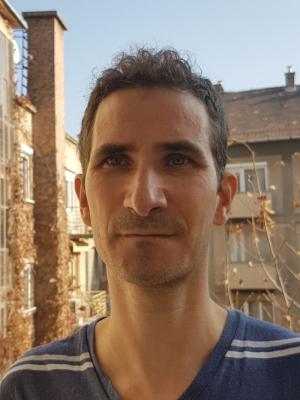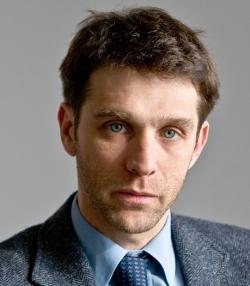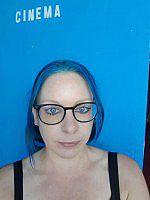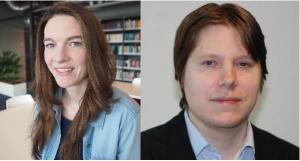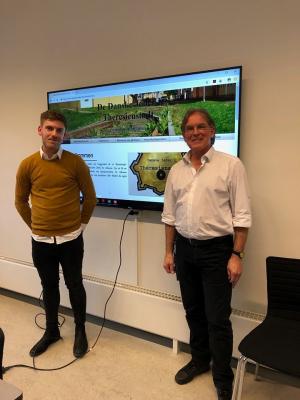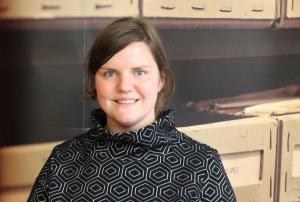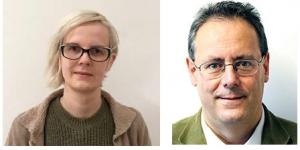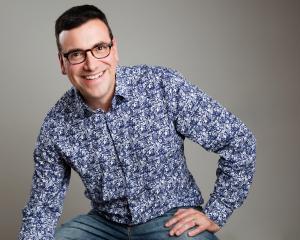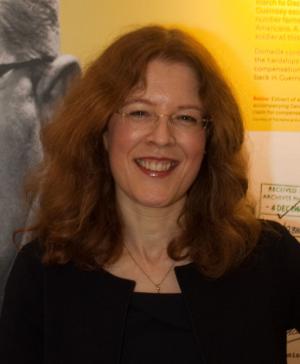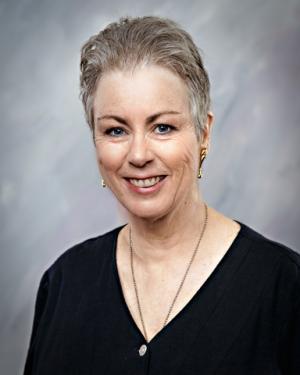Holocaust Studies in the Digital Age: speakers and abstracts
Holocaust Studies is a dynamic multidisciplinary research field that is dedicated to the Holocaust itself but also includes aspects of the post-Holocaust world such as memory, human rights, Jewish life or international relations. At the same time, the research field has a manifest public dimension. To examine these diverse and intertwined dimensions, EHRI organizes two conferences in July 2019. The conference Holocaust Studies in the Digital Age is an expert meeting, dealing with academic topics, and will cater to a professional audience working in related fields, while Holocaust Studies and its Social Setting on 3 July in Pakhuis de Zwijger explores the impact of academic research on society at large. This conference also marks the conclusion of the second phase of the EHRI project.
Via this page you can find more information about the speakers invited for the academic conference Holocaust Studies in the Digital Age. What’s New? and the abstracts of their presentations.
